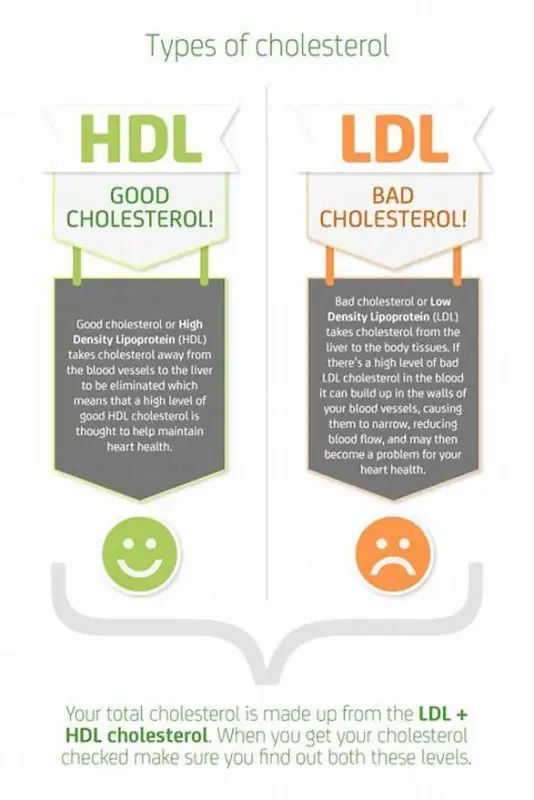weight loss
🧬 Does Ozempic Raise Cholesterol? What You Need to Know About Semaglutide and Lipid Levels
Does Ozempic Raise Cholesterol
Ozempic (semaglutide) is a popular GLP-1 receptor agonist used for type 2 diabetes and weight loss. It’s praised for its ability to control blood sugar and aid in long-term weight management. But many patients and health professionals have raised an important question: Does Ozempic raise cholesterol levels?
In this article, we’ll break down the research, examine how Ozempic affects cholesterol and triglycerides, and explore what this means for your heart health.
💊 What Is Ozempic and How Does It Work?
Ozempic is a once-weekly injectable medication that mimics the hormone GLP-1 (glucagon-like peptide-1). It works by:
-
Increasing insulin secretion
-
Slowing gastric emptying
-
Reducing appetite
-
Lowering blood glucose levels
While it primarily targets blood sugar regulation, Ozempic can also impact metabolic markers—including cholesterol and other blood lipids.
🔍 Does Ozempic Raise Cholesterol?
❌ No, Ozempic Does Not Typically Raise Cholesterol
Contrary to some concerns, Ozempic does not raise cholesterol in most patients. In fact, clinical studies have shown the opposite: Ozempic is associated with modest improvements in lipid profiles, including:
-
Lower LDL (bad cholesterol)
-
Lower total cholesterol
-
Reduced triglyceride levels
-
Stable or increased HDL (good cholesterol)
These effects make Ozempic potentially beneficial for cardiovascular health, especially in patients with type 2 diabetes or obesity-related conditions.
📊 What Does the Research Say?
Several clinical trials support the idea that Ozempic has a positive or neutral effect on cholesterol levels:
✅ SUSTAIN Trials:
-
Found significant reductions in LDL cholesterol and triglycerides
-
Participants on Ozempic showed improved cardiometabolic markers
✅ SELECT Trial (2023):
-
Focused on semaglutide’s effect on cardiovascular risk
-
Showed a reduction in major adverse cardiac events, indirectly supporting its heart-healthy benefits
These trials suggest that Ozempic does not raise cholesterol and may actually help lower cardiovascular risks.
🧠 Why Do Some People Think Ozempic Raises Cholesterol?
There are a few reasons why this misconception exists:
-
Temporary changes in metabolism during the early stages of weight loss may cause short-term lipid fluctuations.
-
Some patients may see slight increases in cholesterol due to dietary shifts, especially when reducing carbohydrate intake and increasing fats.
-
Individual variation in how the body responds to semaglutide may also affect lipid readings.
💡 However, these changes are usually mild, short-lived, or not directly caused by Ozempic itself.
❤️ How Ozempic Can Improve Cholesterol and Heart Health
Here’s how Ozempic may contribute to better cholesterol levels and reduced cardiovascular risk:
✔️ Weight Loss
-
Helps reduce visceral fat, which is closely linked to high LDL and triglycerides
✔️ Improved Insulin Sensitivity
-
Reduces insulin resistance, which can affect lipid metabolism
✔️ Appetite Control
-
Encourages healthier eating patterns, indirectly improving lipid profiles
✔️ Anti-Inflammatory Effects
-
May reduce markers of systemic inflammation that are associated with heart disease
👩⚕️ When to Monitor Cholesterol on Ozempic
While Ozempic is unlikely to raise your cholesterol, it’s still wise to monitor your lipid levels regularly, especially if you:
-
Have a history of high cholesterol
-
Are on statins or other lipid-lowering medications
-
Have family history of heart disease
-
Notice symptoms like fatigue, chest discomfort, or unexplained weight changes
Regular blood tests will help you and your doctor track any changes and make timely interventions if needed.
⚠️ Tips for Supporting Healthy Cholesterol While on Ozempic
To get the most from your treatment and protect your heart, follow these habits:
-
🥗 Eat a heart-healthy diet rich in fiber, omega-3s, and plant-based fats
-
🏃♀️ Exercise regularly—at least 150 minutes per week
-
🚭 Avoid smoking and excess alcohol
-
💊 Continue cholesterol medications as prescribed
-
🩺 Track your labs every 3–6 months
✅ Final Verdict: Does Ozempic Raise Cholesterol?
No, Ozempic does not raise cholesterol in most users. In fact, it may help improve your cholesterol levels and support better heart health by reducing LDL, triglycerides, and body weight. Like any medication, it’s important to monitor your progress and speak to your healthcare provider about any concerns.
Ozempic remains a clinically-proven option for managing type 2 diabetes, supporting weight loss, and improving cardiometabolic outcomes

